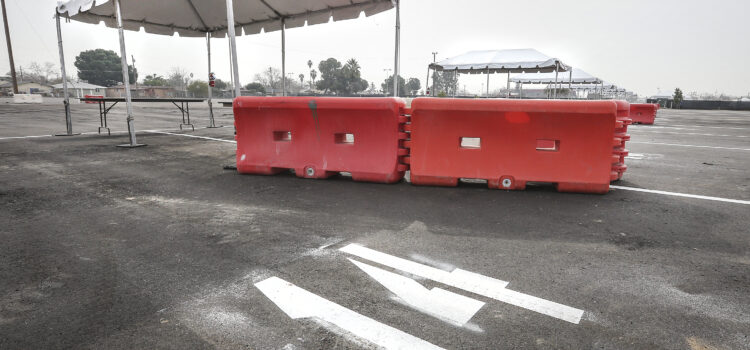
Last week, Governor Gavin Newsom and California legislators reached an agreement on an expanded relief package for state residents. Its purpose is to provide additional support to individuals, families, and small businesses who have been economically affected by the COVID-19 pandemic.
“We’re nearly a year into this pandemic, and millions of Californians continue to feel the impact on their wallets and bottom lines. Businesses are struggling. People are having a hard time making ends meet,” said Senate President pro Tempore Atkins. “We are at a critical moment, and I’m proud we were able to come together to get Californians some needed relief.”
The Immediate Action Agreement carries multiple key provisions that will impact families, students, and small businesses.
The additional plans for direct relief are aimed to assist those who have been disproportionately burdened by the COVID-19 recession, such as, households with incomes below $30,000 and those who have unfairly excluded from previous stimulus payments in the past.
The agreement will issue $600 in one-time relief to households receiving the California EITC for 2020 and taxpayers with Individual Tax Identification Numbers (ITINs) who were precluded from receiving the $1,200 per person federal payments issues last spring and the more recent $600 federal payments.
Households with income below $75,000 will also be eligible.
Furthermore, an additional $24 million will be used to fund other local financial assistance programs and services. Also, $35 million will be used for food banks and diapers. This money will help address problems within a community as it recognizes specific needs.
Childcare insecurity has become a prevalent issue as many districts have yet to open their campuses. Many essential workers struggle to find childcare when they must still go to work.
The agreement is predicted to serve almost 400,000 children by adding $400 million in new federal funds to provide stipends of $525 per enrolled child for all state-subsidized child care and preschool providers. It is projected to provide resources that will extend childcare services for essential workers up until June 2022.
College students have also been specifically targeted to be impacted by this agreement.
Emergency financial aid, amounting to $100 million go towards qualifying low-income students carrying six or more units, at community colleges. Award amounts will be decided locally, by early April.
Additionally, about $6 million will be used towards support outreach and application assistance to University of California, California State University, and California Community College students made newly eligible for CalFresh, the state-administered federal program for supplemental food assistance.
Qualifying businesses will receive more grants and be eligible for additional exemptions in the treatment for loans provided through the Paycheck Protection Plan (PPP). The agreement will partially conform California tax law to new federal tax treatment for loans provided through the PPP. This would allow companies to deduct up to $150,000 in expenses covered by the loan.
Fee waivers will also be available to eligible restaurants and bars licensed through the state’s Department of Alcoholic Beverage Control, and barbering and cosmetology individuals and businesses licensed through the Department of Consumer Affairs. In total, this will have the potential to impact almost 659,000 businesses.
“From child care, relief for small business owners, direct cash support to individuals, financial aid for community college students, and more, these actions are critical for millions of Californians who embody the resilience of the California spirit,” Newsom stated in a press release.